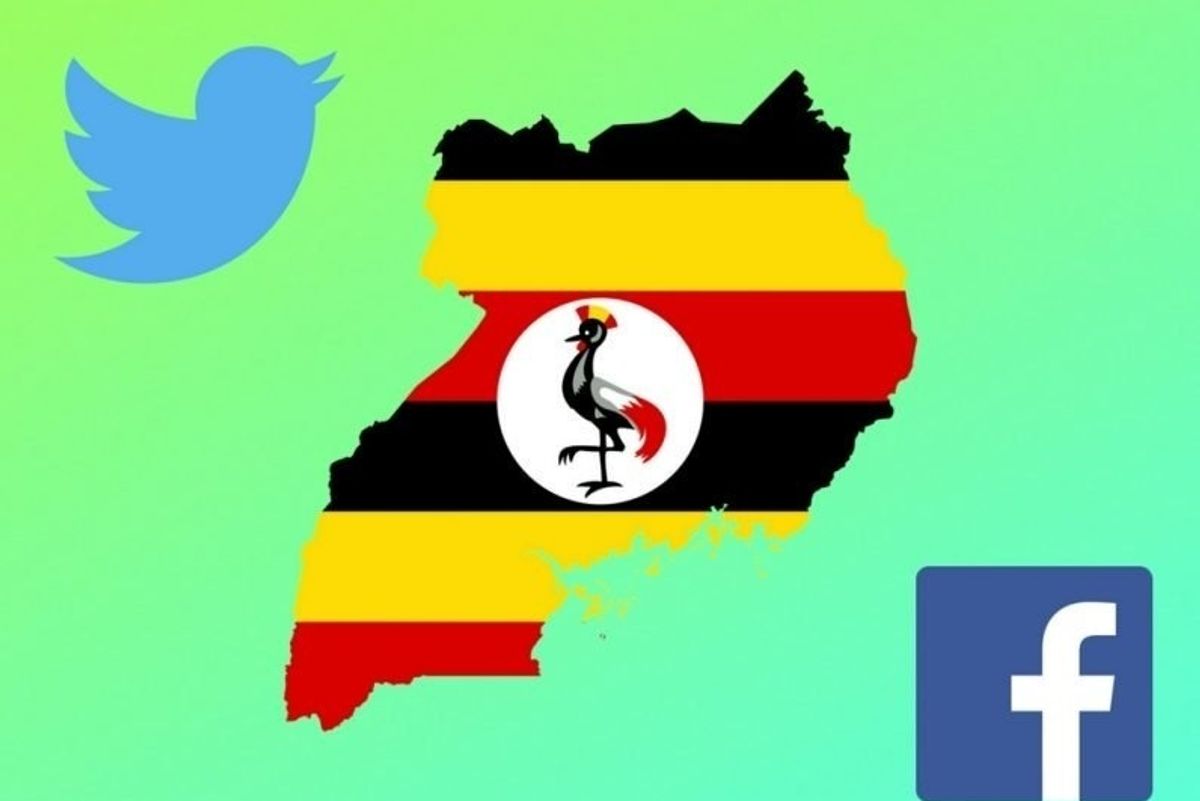Uganda Will Begin Imposing a 'Daily Tax on Social Media Users'
The government says it's part of a plan to raise revenue.

The Ugandan government will begin charging citizens a daily tax for their social media usage starting in July, reports Reuters.
Cell phone owners who use social media apps such as Facebook, Twitter and WhatsApp will each be charged 200 Ugandan shillings ($0.027) per day. The imposed fee is said to be part of a government plan to raise revenue.
According to the Ugandan publication The Daily Monitor,President Yoweri Museveni, has said that the fee will be applied to people who use social media for "gossip."
"I am not going to propose a tax on internet use for educational, research or reference purposes...these must remain free," he was quoted as saying.
Activists are calling the plan another attempt by Museveni, who's been in power for over 30 years, to control freedom of expression. Uganda's Finance Minister Matia Kasaija says the government earns from taxing citizens will benefit them in the long run.
"We're looking for money to maintain the security of the country and extend electricity so that you people can enjoy more of social media, more often, more frequently," he said.
In January, it was announced that Uganda would launch its own, state-run social media networks to rival Facebook and Twitter.

